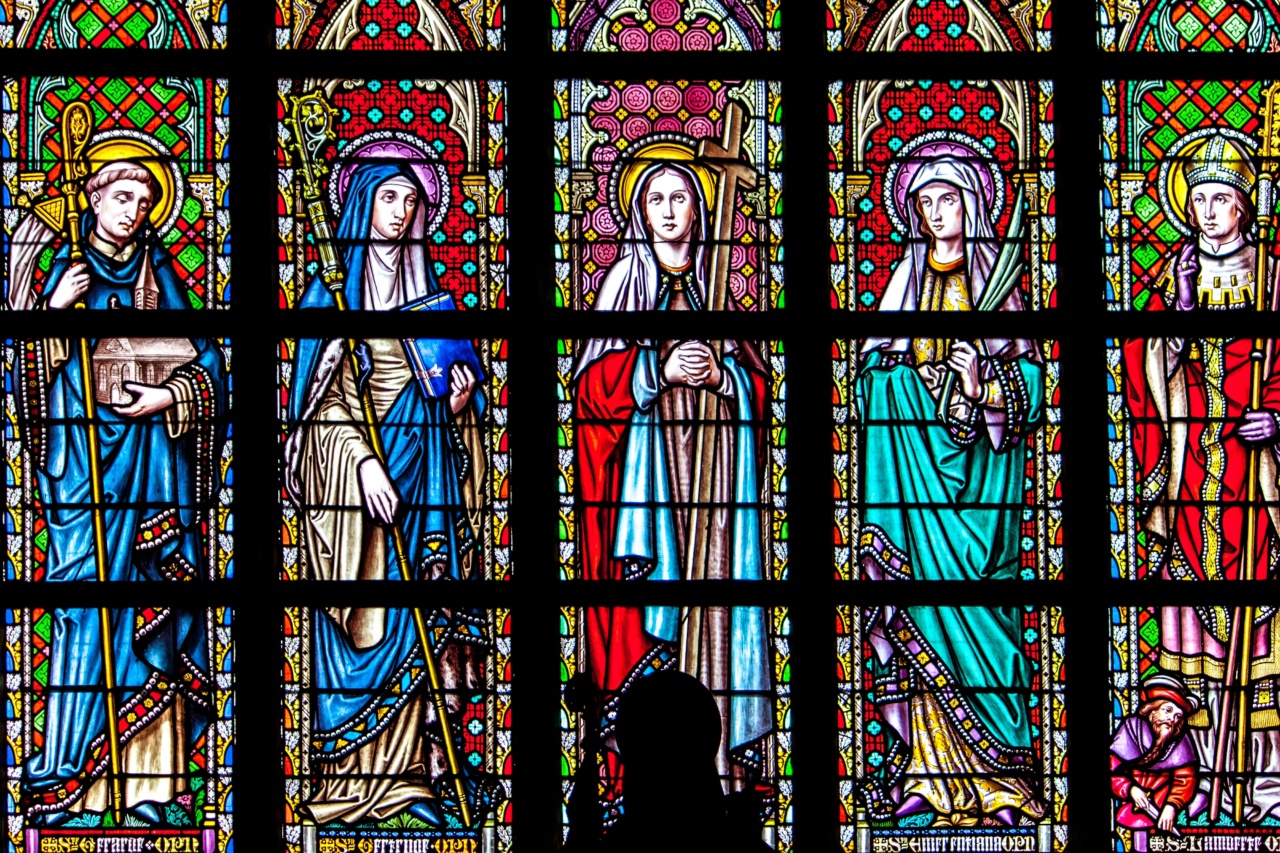One of the most well-known figures in Christianity is the Virgin Mary, the mother of Jesus Christ. It is commonly believed that she was a virgin her entire life, even after giving birth to Jesus.
However, this belief has been debated among Christians for centuries, and there are many misconceptions surrounding the topic. In this article, we will explore some of these misconceptions and provide evidence to either support or debunk them.
Myth 1: Perpetual Virginity is Unbiblical
One of the primary arguments against the perpetual virginity of the Virgin Mary is that it is not mentioned in the Bible. However, the belief is based on a careful examination of the biblical text.
In the Gospel of Matthew, it is stated that Joseph did not have sexual relations with Mary until after Jesus was born (Matthew 1:25). The use of the word “until” implies that they did have sexual relations after Jesus’ birth, but it does not necessarily mean that they did.
In fact, in the Gospel of Luke, Mary responds to the angel Gabriel’s announcement that she will conceive a child with the words, “How can this be since I am a virgin?” (Luke 1:34). This suggests that Mary intended to remain a virgin even after giving birth to Jesus.
Additionally, the early church fathers, who were well-versed in biblical scholarship, believed in Mary’s perpetual virginity. They argued that Mary was not only a virgin before the birth of Jesus, but also during and after.
This belief was closely tied to the doctrine of the Incarnation, which held that Jesus was fully divine and fully human. It was argued that if Mary had other children, this would diminish the significance of Jesus’ divine nature.
Myth 2: The “Brothers” of Jesus were His Biological Siblings
An argument often made against the belief in Mary’s perpetual virginity is the mention of Jesus’ “brothers” in the Bible. In Mark 6:3, it is stated that Jesus had “brothers” named James, Joseph, Judas, and Simon.
Similarly, in Matthew 13:55-56, the brothers of Jesus are mentioned, along with his sisters.
However, it is important to note that the word “brother” in these passages could also be interpreted as “cousin” or “close relative.” This is because the Greek word for “brother,” adelphos, had a broader meaning than it does in modern English. It could refer to any male relative, including cousins or close friends.
Additionally, there is evidence in the Bible that supports the idea that Jesus did not have biological siblings. In John 19:26-27, it is recorded that Jesus entrusted the care of his mother to the apostle John while he was on the cross.
If Jesus had siblings, it is likely that this responsibility would have fallen to them instead.
Similarly, in Matthew 27:56 and Mark 15:40, it is mentioned that one of the women present at the crucifixion was “Mary the mother of James and Joseph.” However, this Mary is never referred to as Jesus’ mother, which suggests that James and Joseph were not his biological brothers.
Myth 3: Belief in Perpetual Virginity is a Catholic Invention
It is often assumed that the belief in Mary’s perpetual virginity is a late development in Christian theology and is primarily held by Catholics.
While the Catholic Church has officially recognized the doctrine, belief in it predates the split between the Catholic and Orthodox Churches. The early church fathers, including St. Jerome and St. Augustine, believed in Mary’s perpetual virginity and wrote extensively on the topic. In fact, St.
Augustine argued that the doctrine was essential to the Church’s understanding of the Incarnation.
Additionally, belief in Mary’s perpetual virginity is not limited to the Catholic and Orthodox Churches. Many Anglicans, Lutherans, and Methodists also accept the doctrine.
While it is true that some Protestant denominations reject the belief, it is not accurate to say that it is exclusively a Catholic invention.
Myth 4: The Belief in Perpetual Virginity Diminishes Mary’s Humanity
Another argument made against the belief in Mary’s perpetual virginity is that it diminishes her humanity. It is suggested that by holding her up as an unattainable ideal of purity and chastity, we make her less relatable as a human being.
However, this argument assumes that the belief in Mary’s perpetual virginity is based solely on her supposed chastity.
In reality, the belief in Mary’s perpetual virginity is rooted in the belief in Jesus’ full divinity and humanity.
It is argued that if Mary had other children, this would call into question Jesus’ divine nature and would mean that he was not fully God. Additionally, the belief in Mary’s perpetual virginity is closely tied to the idea of her role as the Mother of God. By remaining a virgin, Mary was seen as uniquely prepared to bear the Son of God.
Myth 5: Belief in Perpetual Virginity is Unimportant
Finally, some argue that the belief in Mary’s perpetual virginity is unimportant and that it has no bearing on our faith or salvation.
While it is true that belief in Mary’s perpetual virginity is not necessary for salvation, it is an important part of Christian tradition and doctrine. It is closely tied to the Incarnation and to our understanding of Jesus’ divine and human nature.
Additionally, belief in Mary’s perpetual virginity has had a significant impact on Christian spirituality and devotion. Many Catholics and Orthodox Christians hold Mary in high regard and see her as a model of faith and devotion.
The belief in her perpetual virginity is seen as a sign of her exceptional holiness and her complete devotion to God.
Conclusion
Belief in the perpetual virginity of the Virgin Mary is a longstanding and important doctrine in Christianity. While it has been debated over the centuries, there is substantial biblical and theological evidence to support the belief.
By examining and debunking some of the common misconceptions surrounding the doctrine, we can better understand the significance of Mary’s role in Christian theology and the devotion that she inspires.































